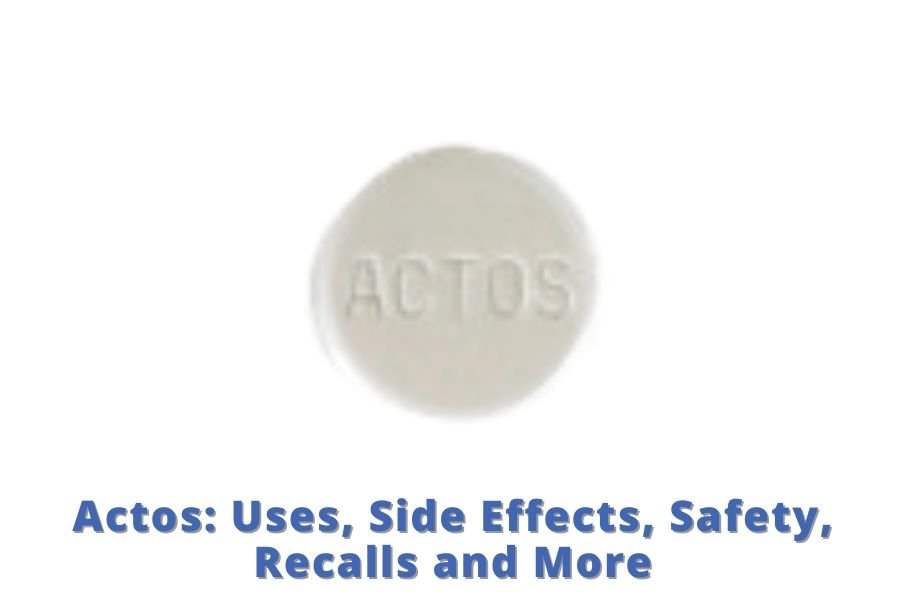
Actos, with the generic name pioglitazone, is a prescription medication used to treat type 2 diabetes mellitus. It belongs to a class of drugs called thiazolidinediones, which work by increasing the body's sensitivity to insulin, a hormone that helps control blood sugar levels. Actos is typically prescribed alongside diet and exercise to help manage blood sugar levels in individuals with type 2 diabetes.
Actos is primarily prescribed to manage type 2 diabetes. It is used alongside a healthy diet and regular exercise to improve glycemic control in adults with this condition. It may be used alone or in combination with other diabetes medications, such as metformin or insulin, depending on the individual's needs.
Actos is not recommended for use in pregnant women or children. It is important to discuss alternative treatment options with your healthcare provider if you are pregnant, planning to become pregnant, or have a child with diabetes.
In recent years, there have been concerns regarding the safety of Actos. In 2011, the U.S. Food and Drug Administration (FDA) issued a safety communication stating that long-term use of Actos may be associated with an increased risk of bladder cancer. As a result, several countries, including France and Germany, have suspended or restricted the use of Actos.
Despite the concerns surrounding Actos, the FDA has not withdrawn its approval for the medication. The FDA advises healthcare professionals to carefully consider the benefits and risks of Actos before prescribing it to patients.
Actos is prescribed to help manage blood sugar levels in individuals with type 2 diabetes. It is often used when diet and exercise alone are not sufficient to control diabetes or when other medications have not provided adequate results. Your healthcare provider will determine if Actos is appropriate for your specific condition.
Actos is typically taken once daily, with or without food. The dosage may vary depending on individual needs and response to treatment. It is important to follow your healthcare provider's instructions and take Actos exactly as prescribed.
In addition to its primary use in managing type 2 diabetes, Actos has also shown potential in the treatment of polycystic ovary syndrome (PCOS) and non-alcoholic steatohepatitis (NASH). However, these uses are considered off-label, meaning they have not been approved by the FDA for these specific conditions.
Before taking Actos, it is important to inform your healthcare provider about any existing medical conditions, especially if you have a history of heart problems, liver disease, or bladder cancer. Actos may not be suitable for individuals with certain health conditions, and your healthcare provider will assess the potential risks and benefits before prescribing it.
Actos should be stored at room temperature, away from moisture and heat. It is important to keep it out of reach of children and pets. If you no longer need to use Actos or if it has expired, consult your pharmacist or healthcare provider for proper disposal instructions.
If you suspect an overdose or experience severe symptoms while taking Actos, seek immediate medical attention or contact your local poison control center. It is important to have the medication's packaging or label available for reference in case of emergencies.
Actos is a prescription medication that should only be used under the guidance of a healthcare professional. It is important to attend regular check-ups and follow-up appointments to monitor your response to treatment and assess any potential side effects.
While Actos has shown efficacy in managing type 2 diabetes, it is not without risks. The potential association between Actos and bladder cancer, as well as other serious side effects, should be carefully considered. It is crucial to discuss the benefits and risks of Actos with your healthcare provider to make an informed decision about its use.
In conclusion, Actos is a medication used to treat type 2 diabetes. It is important to understand its uses, potential side effects, safety considerations, and any recalls or warnings associated with its use. By discussing Actos with your healthcare provider, you can make an informed decision about its suitability for your specific condition.